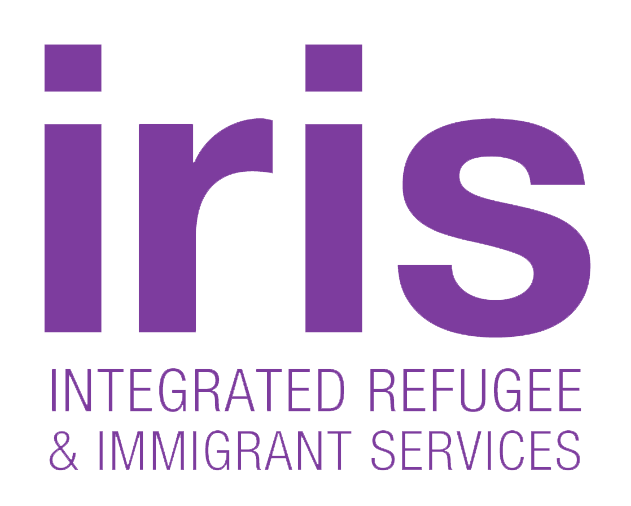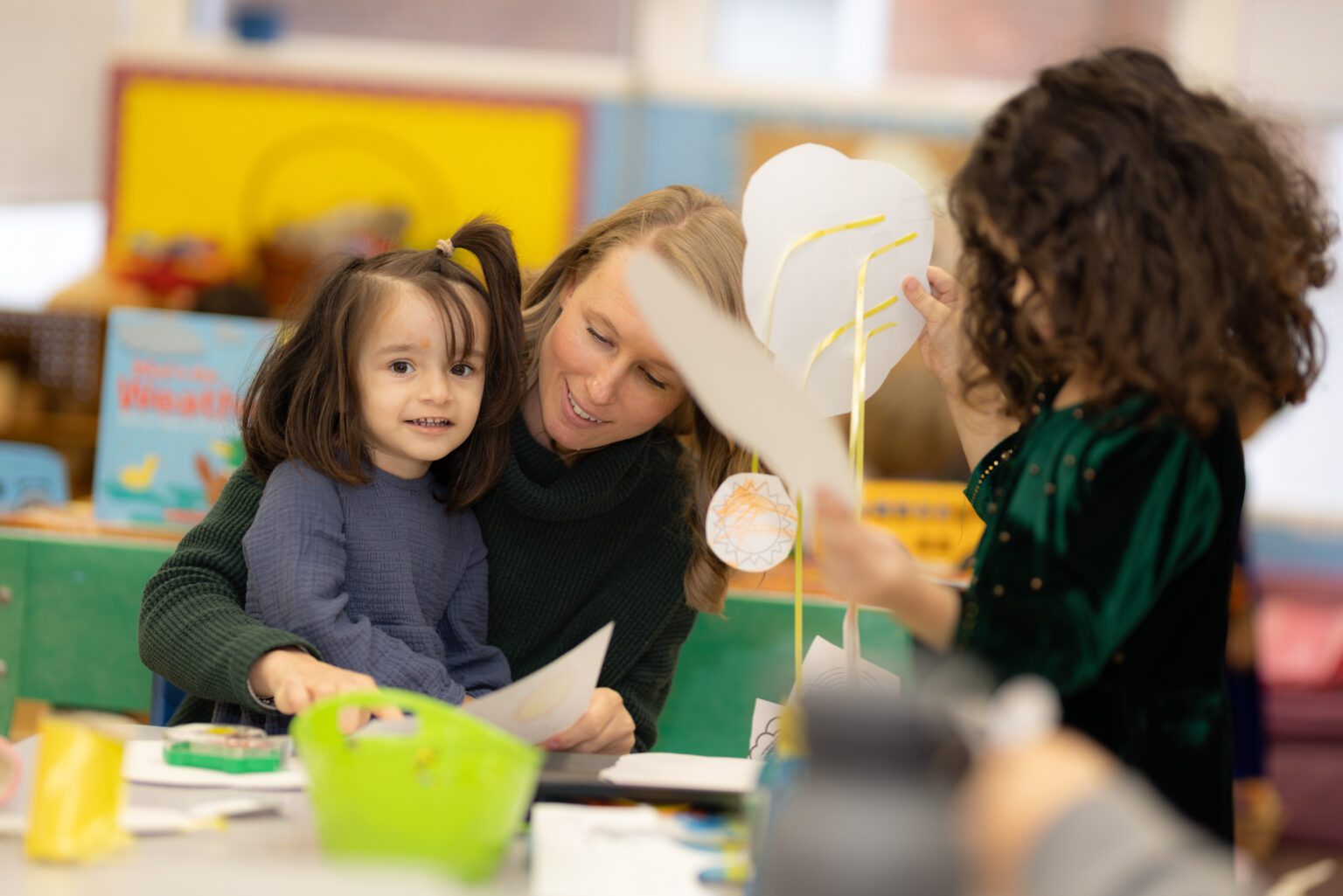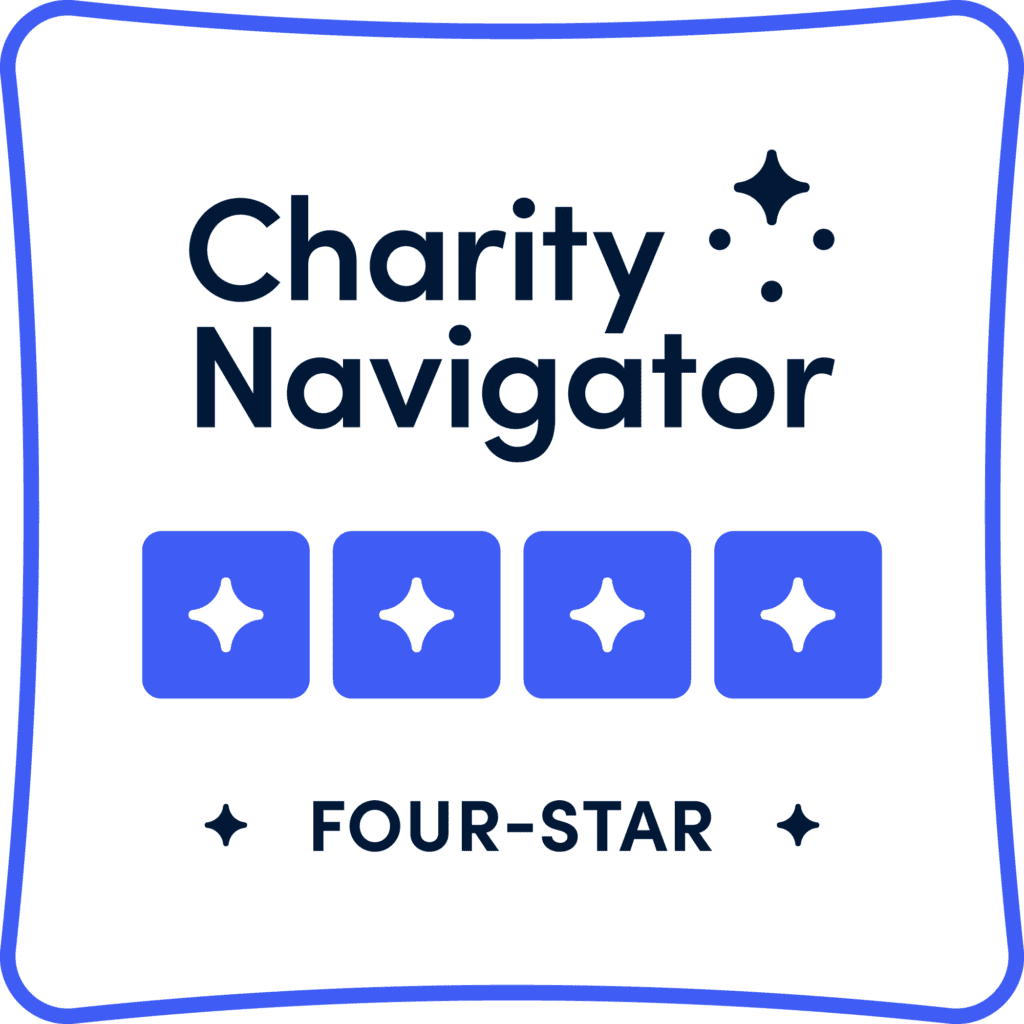By Nathan Leach
Photography Maher Mahmood
Rebuilding your life in a new country is a long, difficult process. Refugees and immigrants who arrive in the United States must get used to a new culture, rebuild their social networks, and learn to navigate new healthcare, education, and legal systems.
Throughout this process, women with infants and toddlers at home face unique challenges. Often responsible for providing the majority of childcare, they have fewer opportunities to socialize, develop their language skills, or find employment.
Additionally, many of IRIS’ recent clients are from Afghanistan, where women and girls have limited access to education.
To meet the needs of these clients, IRIS started the Family Literacy Program, where refugee and immigrant women learn English and increase their cultural knowledge, while their children are cared for in a preschool readiness program.
Running year-round, five days a week, this all-female learning environment is a safe, comfortable setting in which women–particularly Afghans who grew up under Taliban rule–can build community, develop their language skills, and learn how to navigate life in the United States. The curriculum blends English instruction with cultural education, focusing on practical topics such as public transportation, currency and finances, nutrition and exercise, school engagement, and healthcare access.
For some women, denied access to education because of their gender, this may be their first formal schooling.
In addition to providing programming for refugee and immigrant women, the Family Literacy Program offers educational daycare for infants and toddlers. Located at the on-site nursery, the program promotes literacy and social-skills, and is often the only exposure the children have to English prior to kindergarten. Children become familiar with numbers, letters, and colors, and learn how to talk about the time, date, and weather. They also learn skills they will need in school, such as how to play with other children and how to respond to instructions from teachers. The structure of the program encourages mothers and children to see education as a whole-family endeavor, and invites mothers to take an active role in their children’s learning.
This gender-specific, culturally sensitive approach to family literacy has proven to be highly popular, and demand for the program regularly exceeds class limits. Moving forward, IRIS hopes to expand the capacity of the Family Literacy Program, so that we can equip even more refugee and immigrant women with the skills and knowledge they need to navigate life in their new communities.



